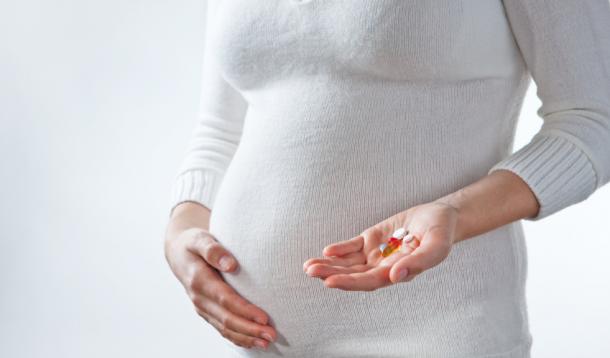
Preparing for pregnancy usually involves a little planning, such as making sure your finances are in order, perhaps chatting with your family doctor and maybe even starting to eat better and improve your lifestyle. But asking your doctor to test your blood for certain vitamin and mineral deficiencies may not be on your radar. Your doctor may automatically check your iron levels, as this is fairly standard in prenatal bloodwork, but chances are, she won't check your Vitamin D levels at all before or during your pregnancy, unless you specifically request it.
![]() Important Pregnancy Nutrition Dos and Don'ts
Important Pregnancy Nutrition Dos and Don'ts
A total of 31 studies on Vitamin D and pregnancy were reviewed by researchers at the University of Calgary recently, and the findings were published in the British Medical Journal this week. The results showed a strong association between a wide range of pregnancy complications and Vitamin D deficiency. This is worrisome for women wanting to start a family, because there is no way to know if you are deficient in Vitamin D (you usually don't experience obvious symptoms) other than taking the initiative to ask your doctor to test your levels.
Here is a summary of the findings, outlining the complications associated with low Vitamin D levels (according to an article in the Globe and Mail):
The risk of these complications seems to worsen if the Mom's Vitamin D levels drop below 75 nanomoles per litre of blood, which according to Dr. Doreen Rabi, one of the U of C researchers, is considered a mild deficiency in Canada.
![]() Pregnancy Cravings You Should NEVER Indulge In
Pregnancy Cravings You Should NEVER Indulge In
Living in Canada puts all of us at an increased risk of having a Vitamin D deficiency (pregnant or not), because of our Northern latitude and long winters (Vitamin D is synthesized in our body from exposure to the sun). Because the findings in this review suggest that there is an only "association" between low Vitamin D levels and these complications (not a direct cause), the researchers have not yet determined what the ideal amount of Vitamin D intake is to prevent a deficiency and therefore the complications that follow. And they have not yet taken steps to change public health recommendations and won't until they determine what the ideal amount of Vitamin D (through both food and supplement) is.
In the meantime, here are some tips for expectant moms or women planning a pregnancy: